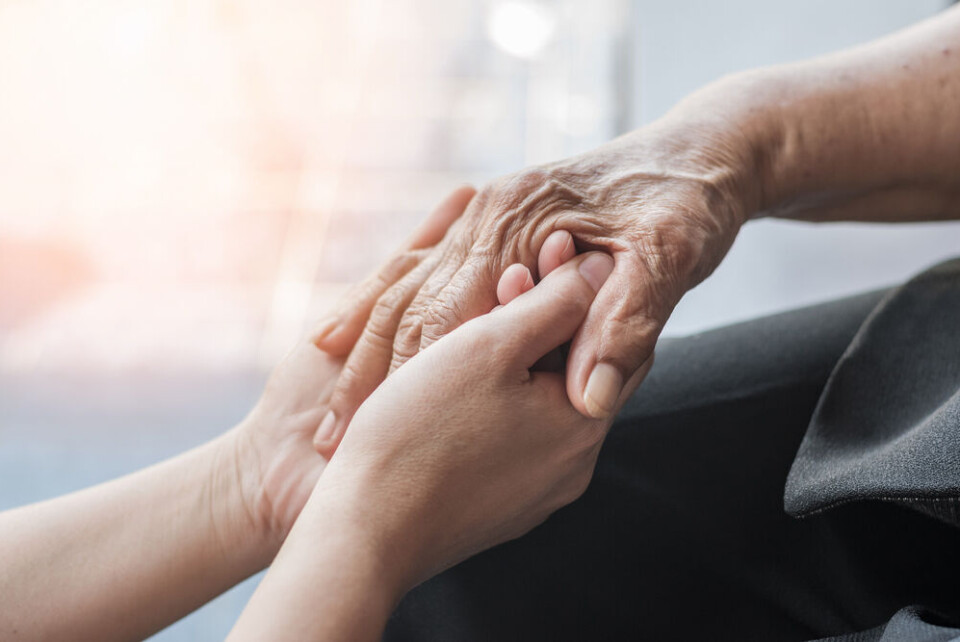-
La Voie Bleue: European Cycle Route of the Year is in France
700km bike path linking Luxembourg and Lyon has been crowned winner of the 2026 title
-
MAP: See how your location in France affects online food shop prices
New analysis shows how your shop compares on average
-
Further sightings of processionary caterpillars in France prompt action from local authorities
Caterpillars have arrived early after mild winter
Macron announces plans for allowing aid for sick to die in France
Family members may be allowed to administer injections under plans, but doctors have hit back

French president Emmanuel Macron announced his plans for changes to end of life care in France, which includes making ‘assisted dying’ available to those who pass certain criteria.
The law would introduce the ability for patients to end their life through self-injection of a “lethal substance” but would also allow euthanasia from a carer or even close relative.
The proposals will be discussed in parliament on May 27 after the council of ministers review of the bill in April. It has been promised for more than a year.
Passage through the right-wing majority Senate may be tough, although in general French people are in favour of laws to introduce assisted dying.
However, some doctors have criticised the plans, saying that more should be done to improve palliative care in the country before looking at euthanasia as an alternative.
The bill would fund these services with an extra €1 billion spread over 10 years, however “500 people a day do not have access to palliative care in France,” said Claire Fourcade, president of the Société Française des Soins Palliatifs.
She said every 3 minutes somebody in France dies without the necessary palliative support.
Read more: Palliative care ‘non-existent’ away from French hospitals, says report
What will the bill change?
Both the option of euthanasia and assisted dying via lethal injection will be made available to certain patients.
They will need to fulfil conditions, including being adults of sound mind (‘capable of full discernment’), suffering from an ‘incurable disease’ that has a ‘short or medium-term’ life-threatening prognosis and to be facing suffering ‘that cannot be relieved’.
Patients will have to request the decision themselves.
Once all these conditions are met, a team of medical professionals will convene to see if the request should be granted.
If so a lethal substance will be made available for the person to inject themselves. If they are unable to do it themselves another person will be able to inject it for them.
Read more: Identity theft victim signed up for euthanasia by imposter in France
Family members should not involved
This was criticised by Ms Fourcade in an interview with Le Figaro, who said it was “unprecedented,” to allow family members to inject their relatives.
“What support will there be for relatives who may be asked to end a patient's life? How will they live with the thought of having done so?” she said.
Rules in other countries where euthanasia is legal only allow for trusted relatives to approve the decision of sick family or friends, and not to administer the drug themselves.
“Involving relatives in this way also means taking a considerable risk. It presupposes that they are always benevolent, that there is no form of pressure or control within the family,’ Ms Fourcade added.
Related articles
Macron wants abortion access inscribed in EU charter of rights
























